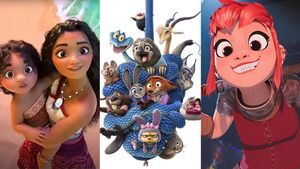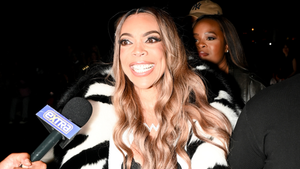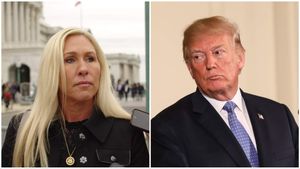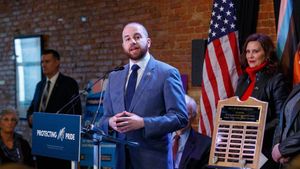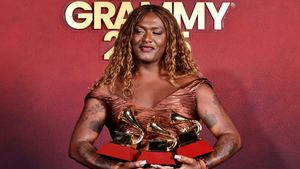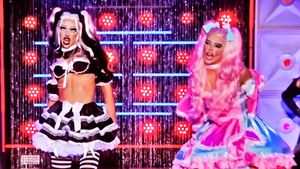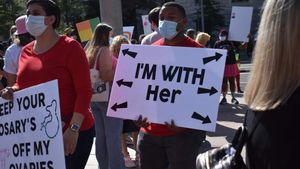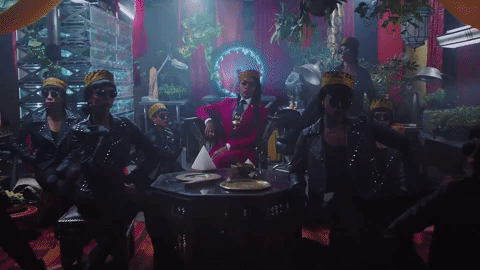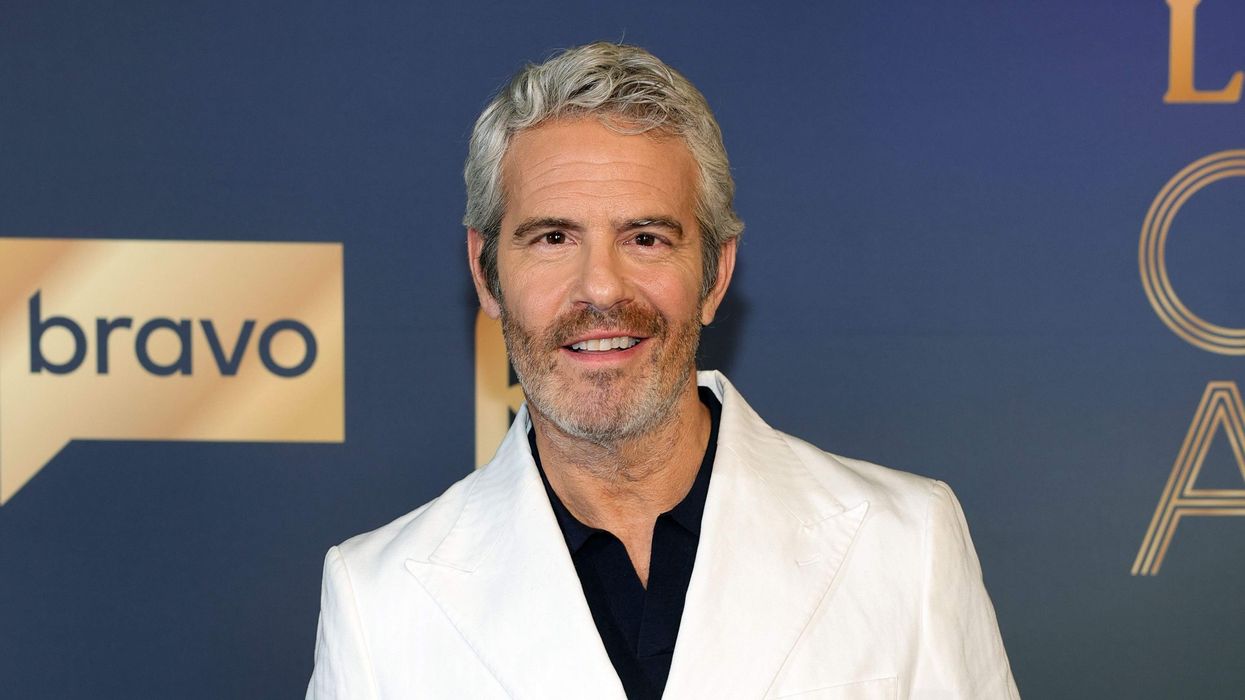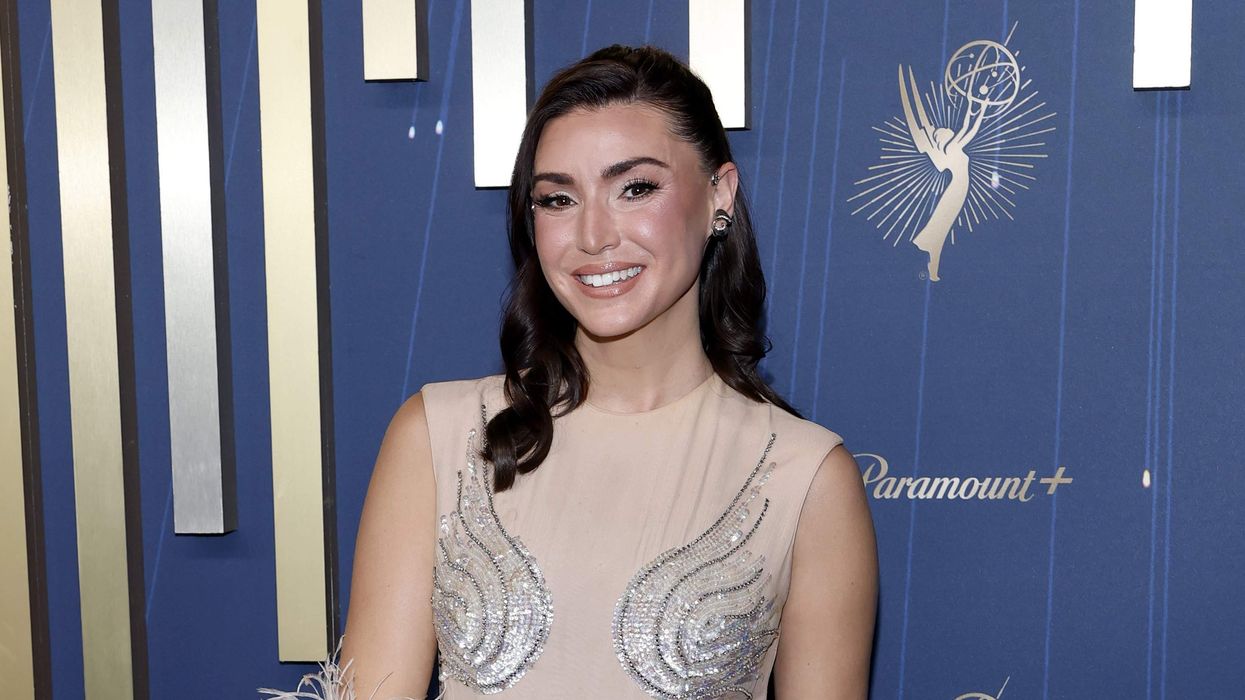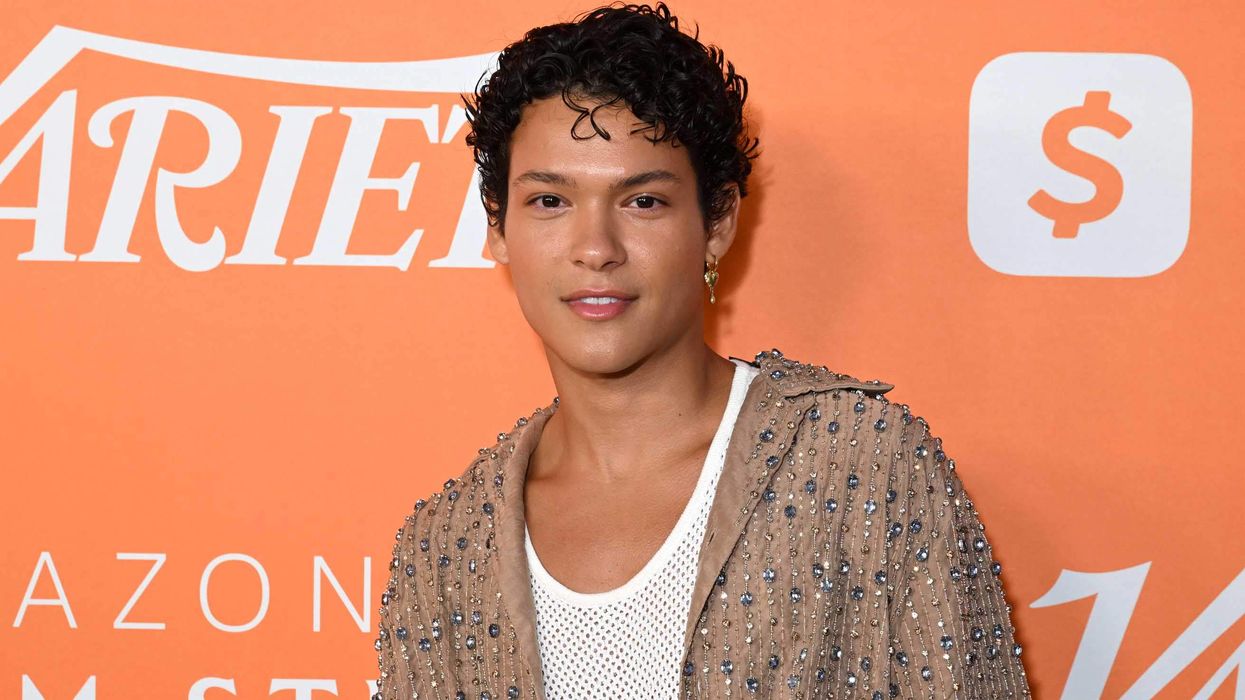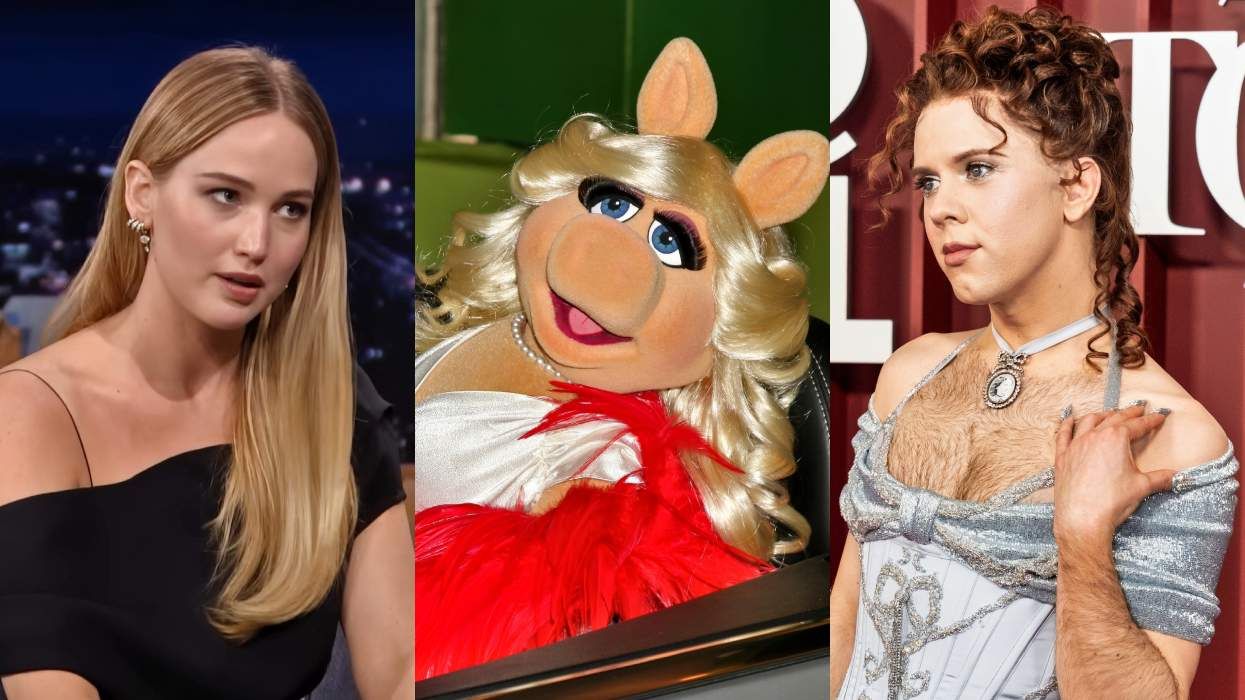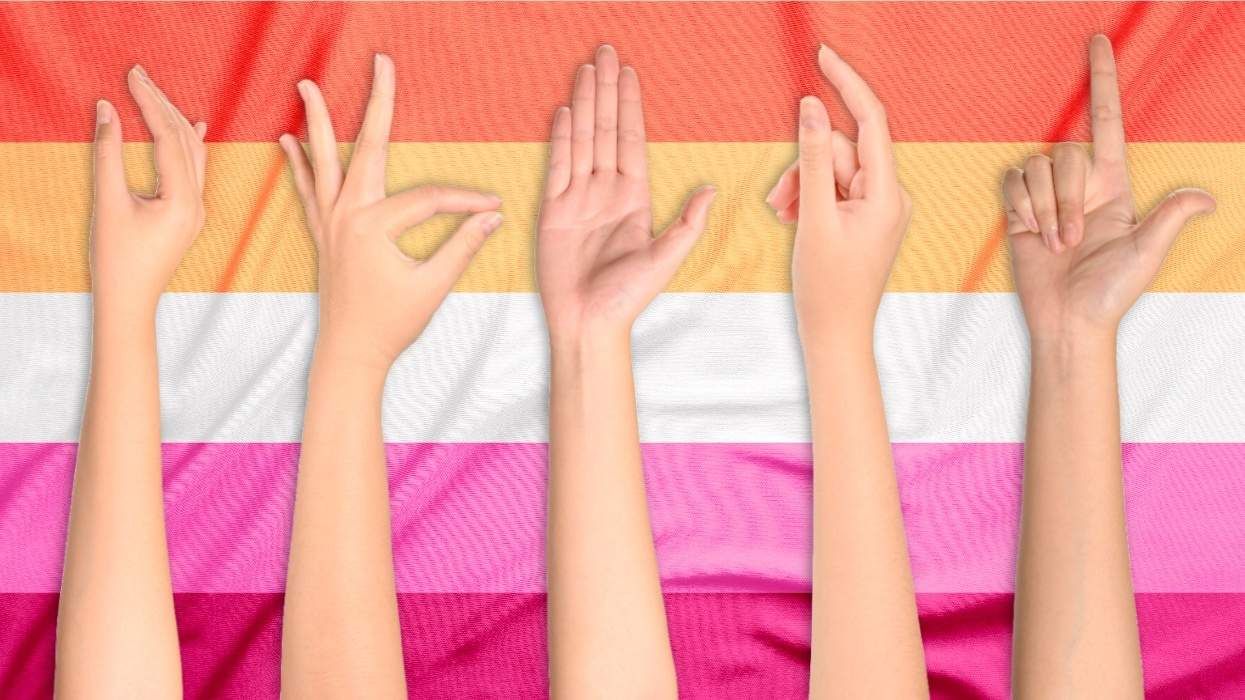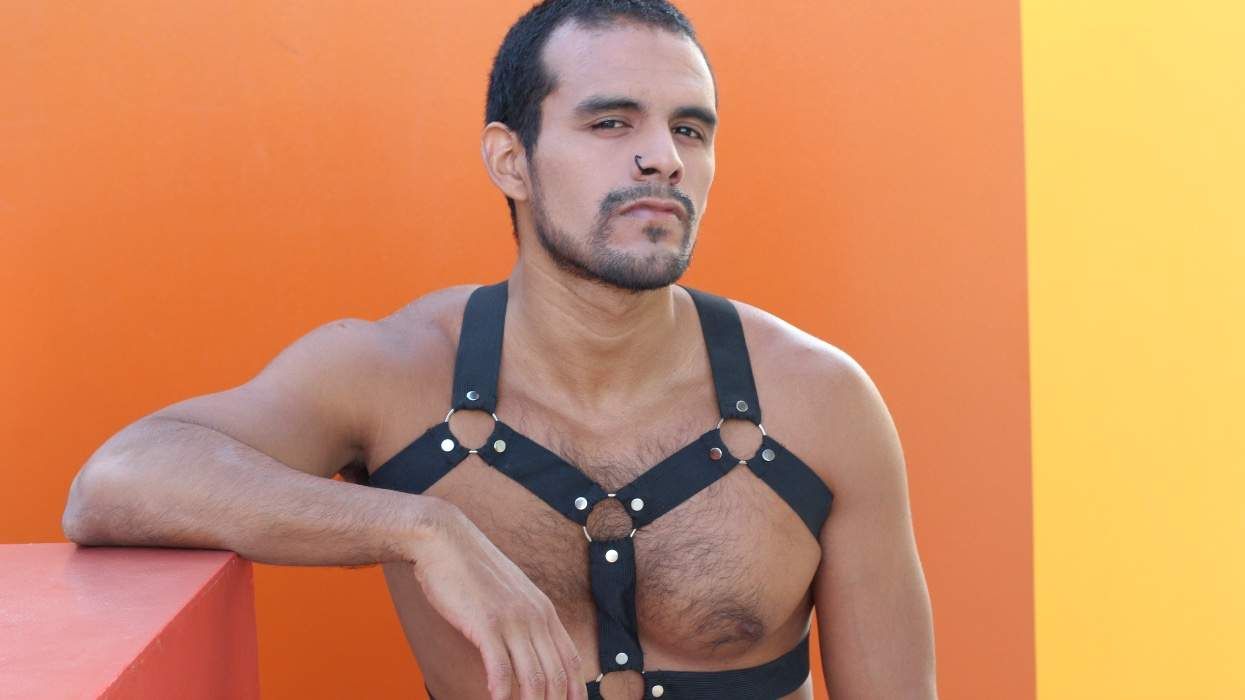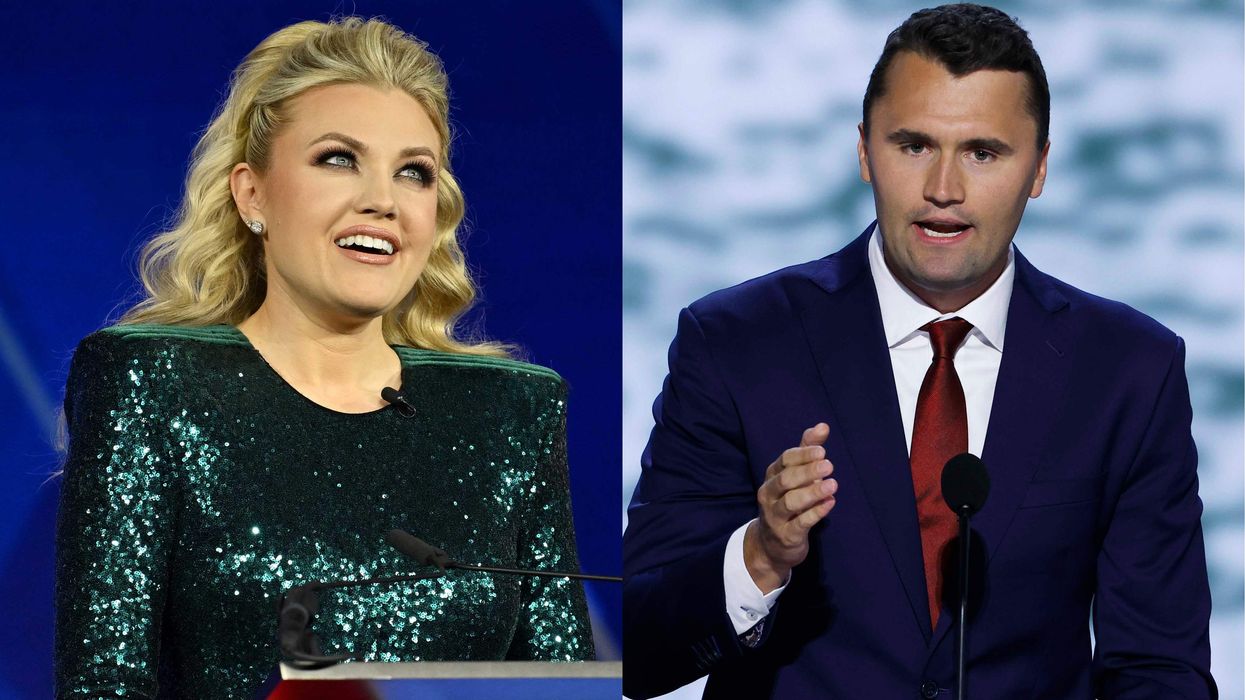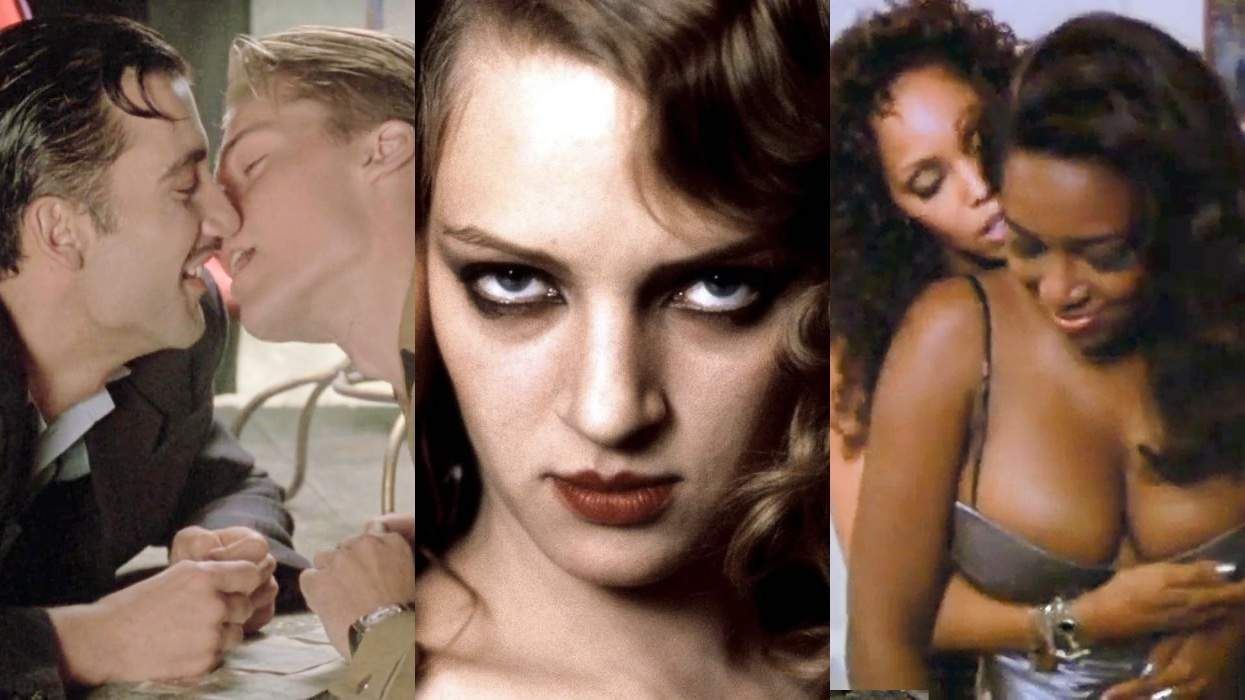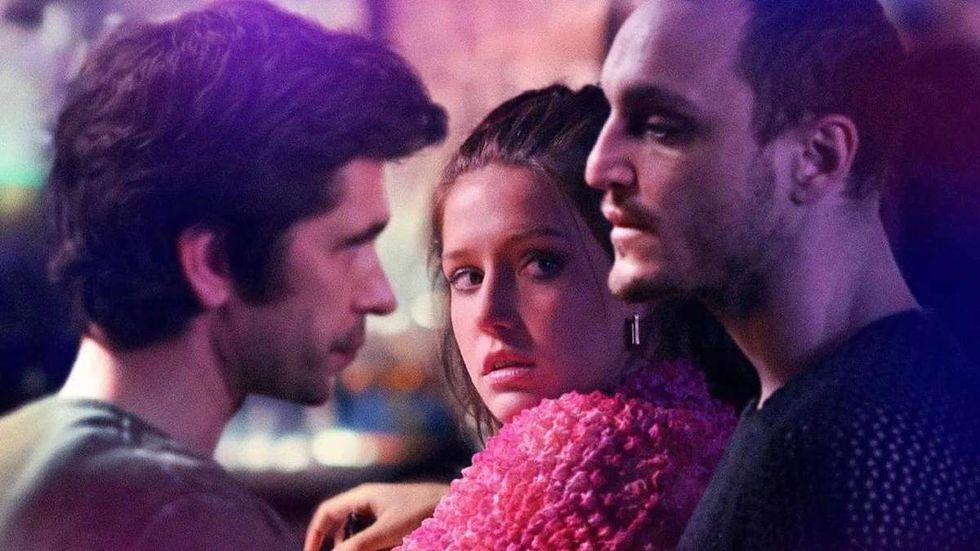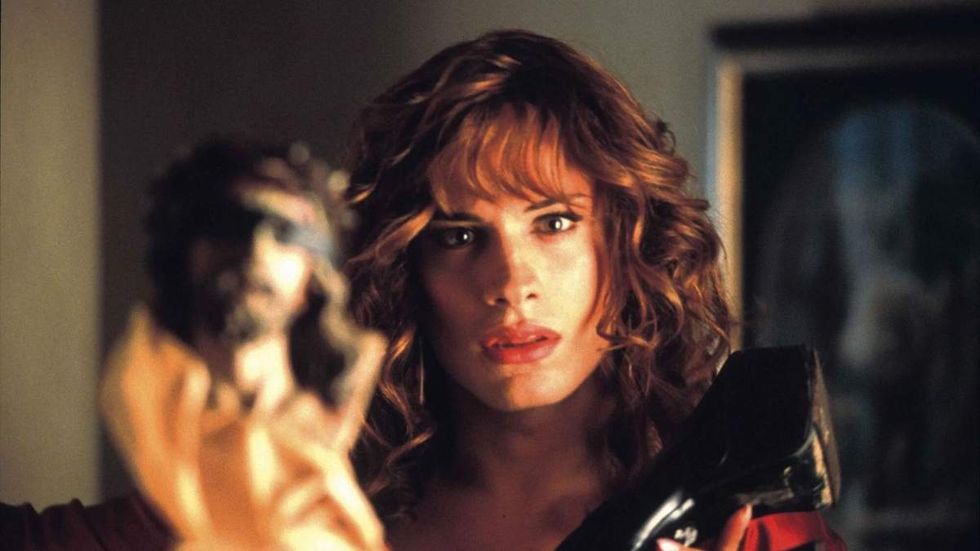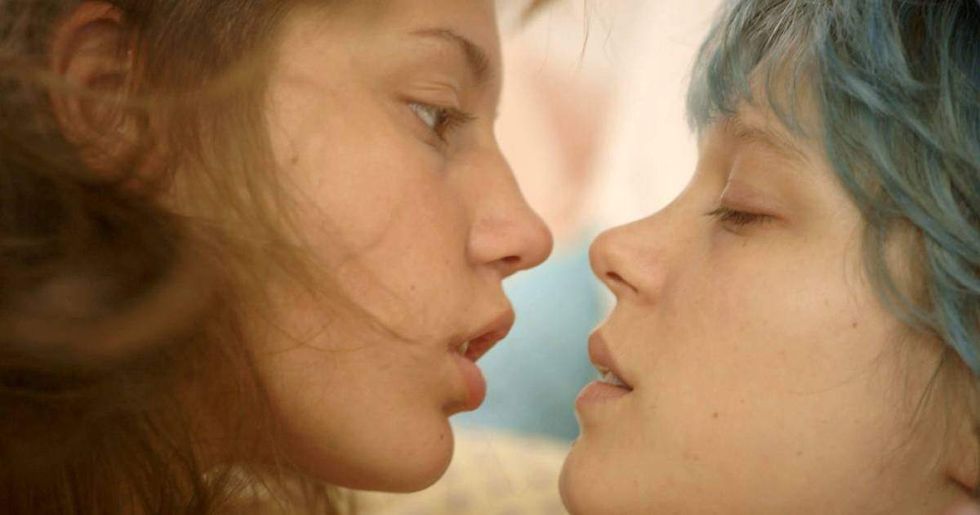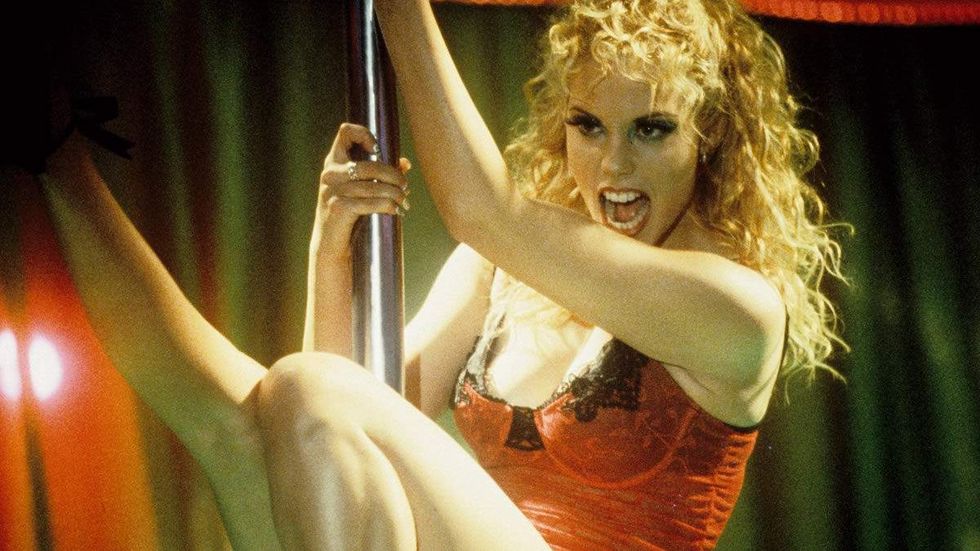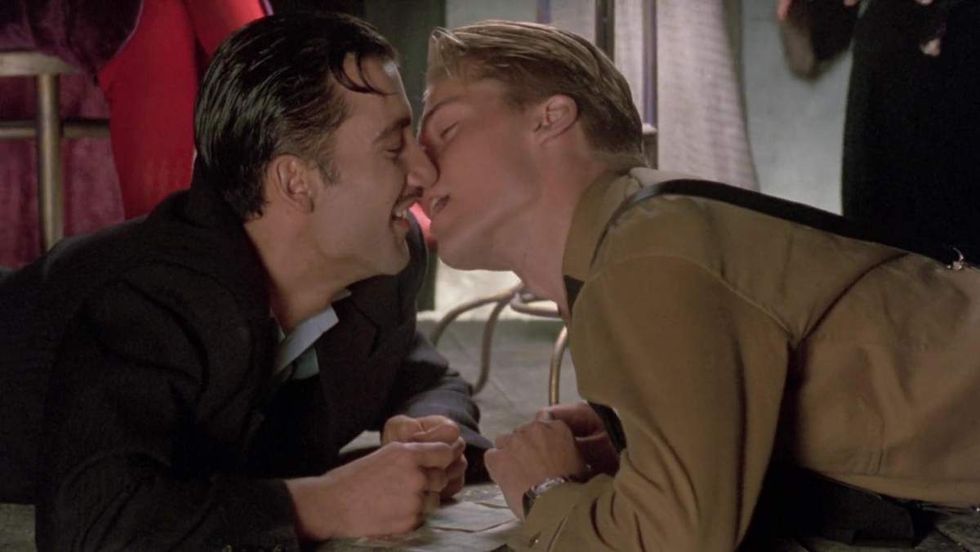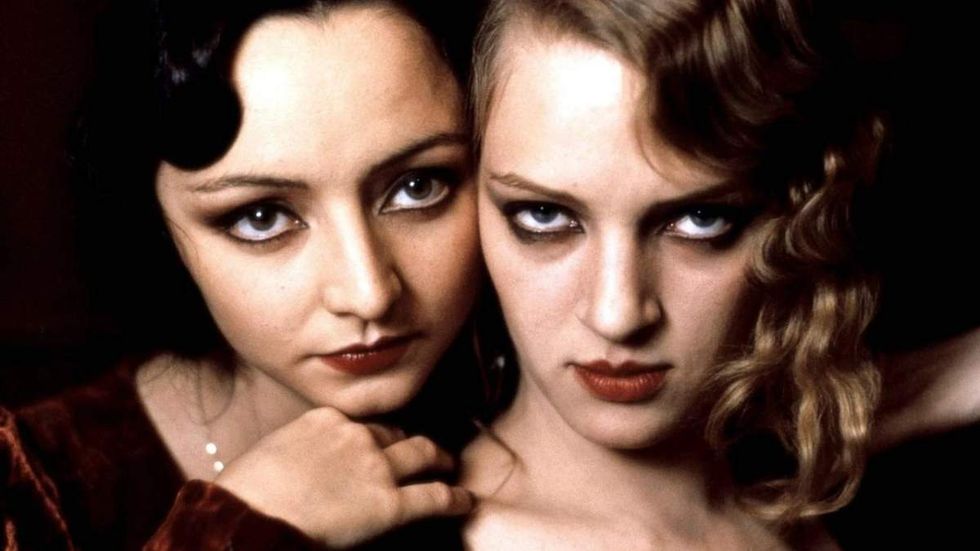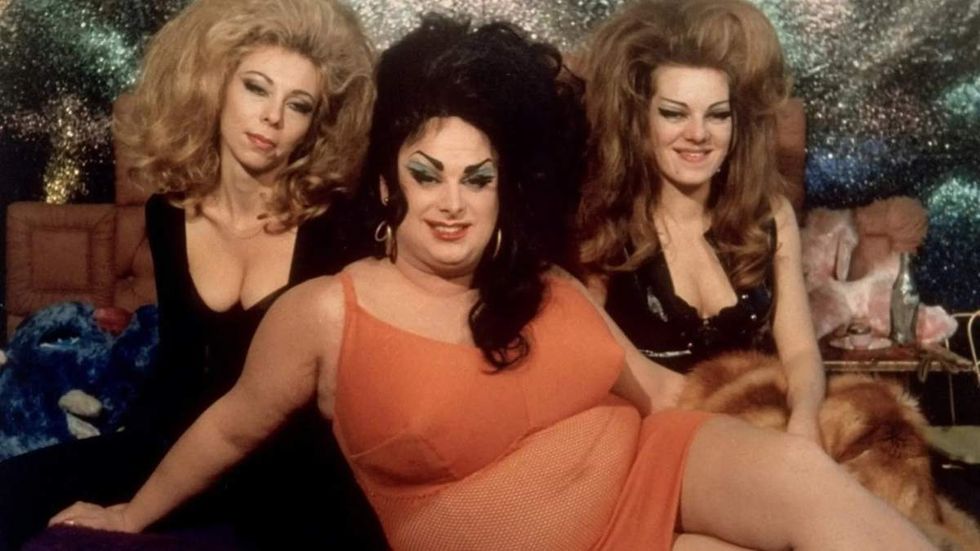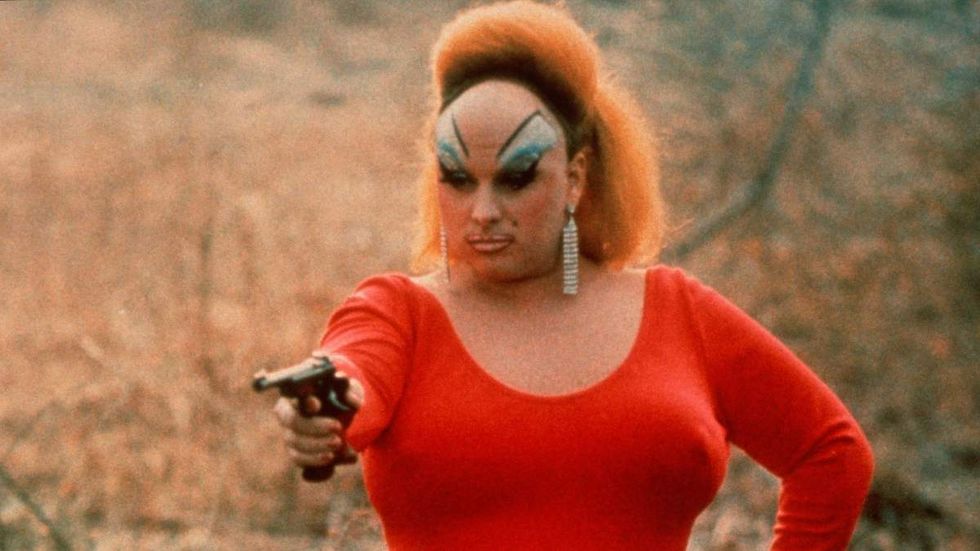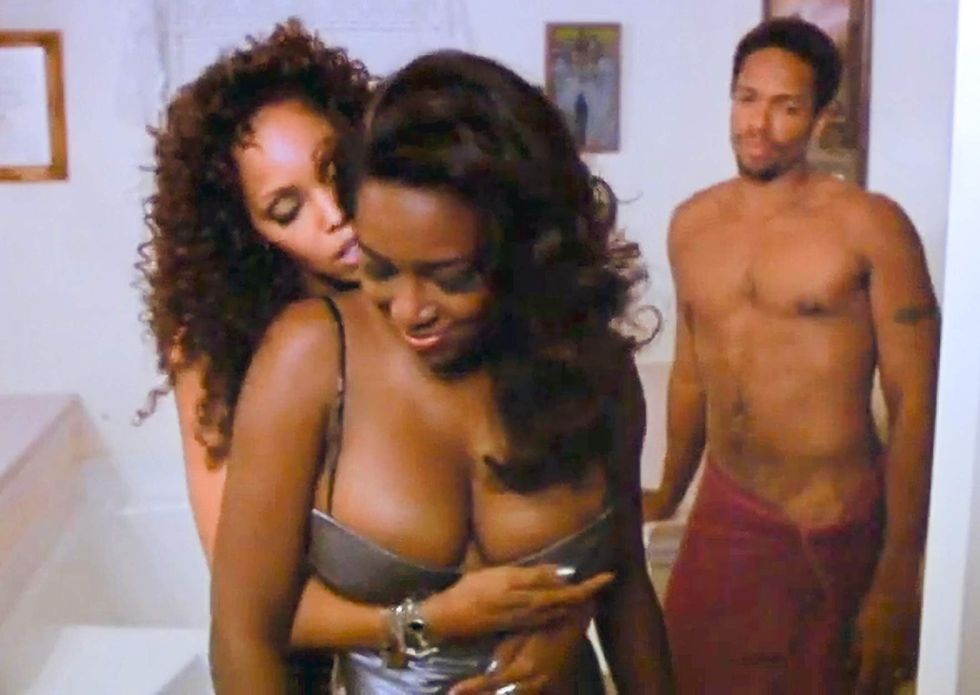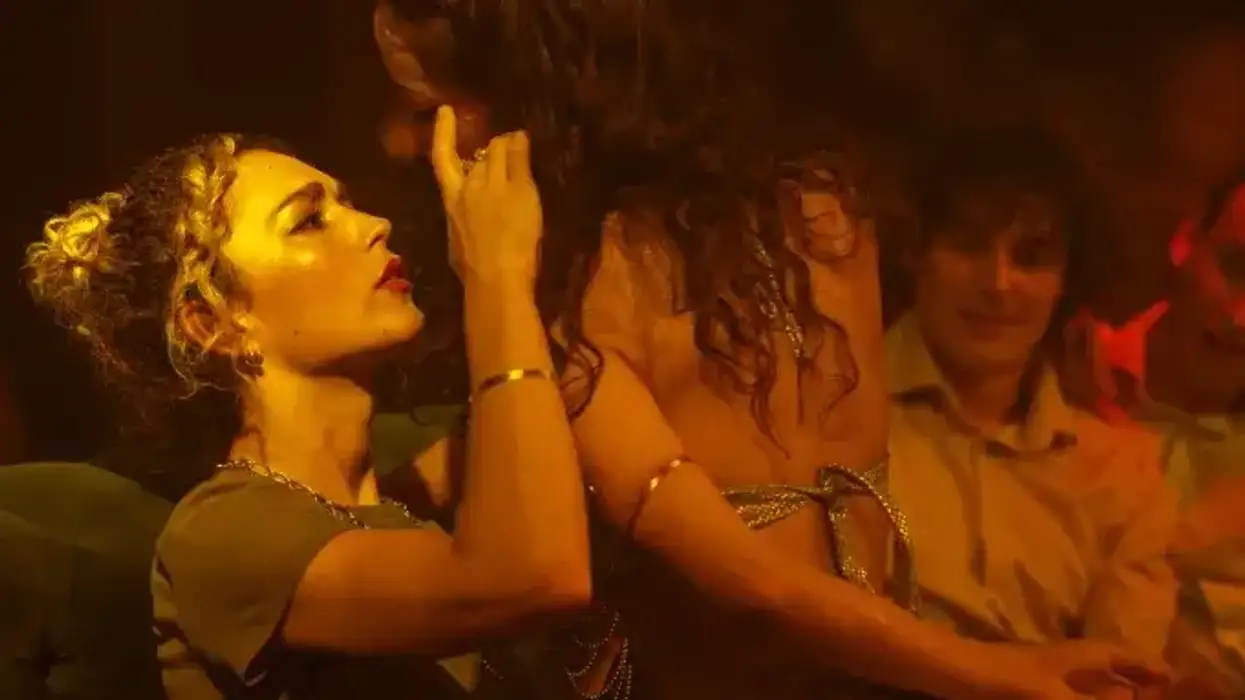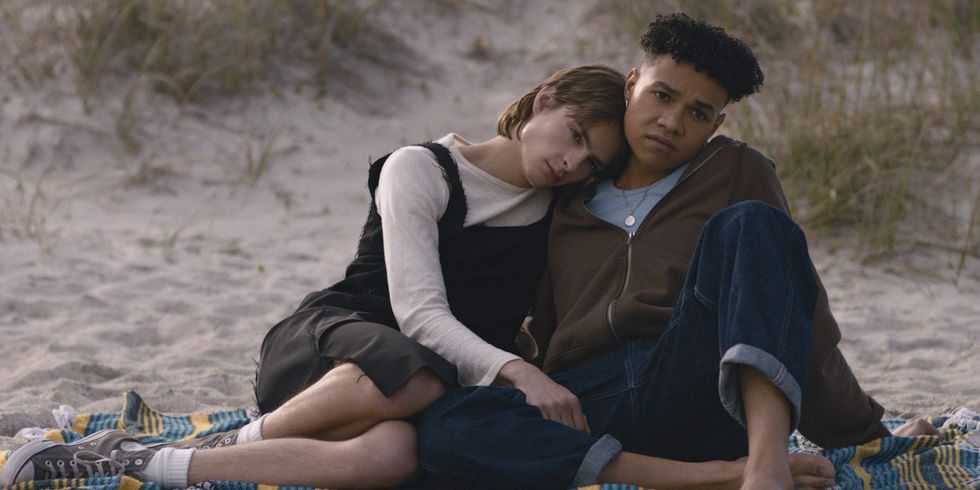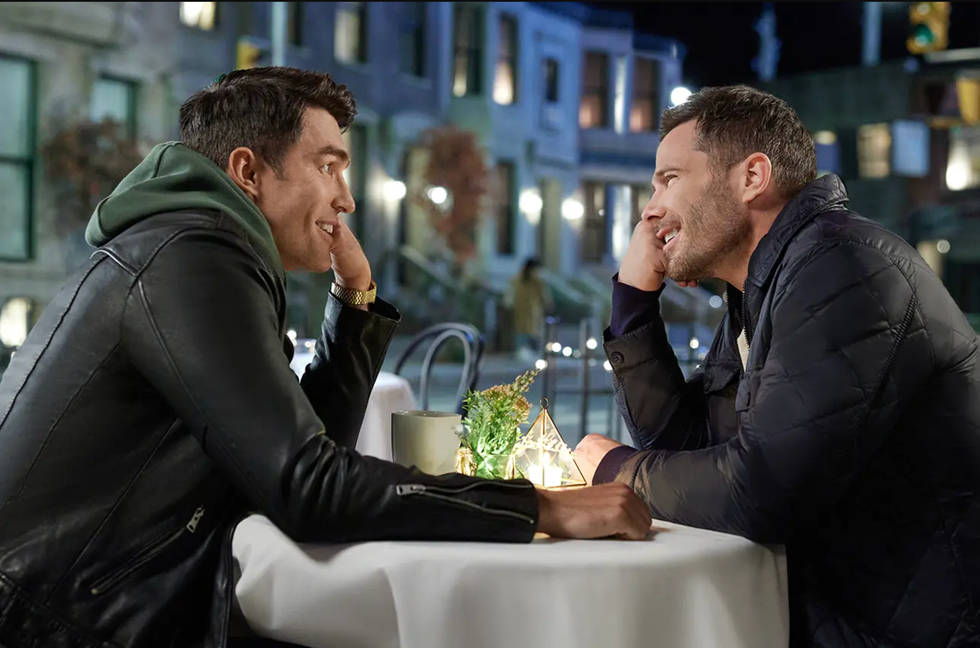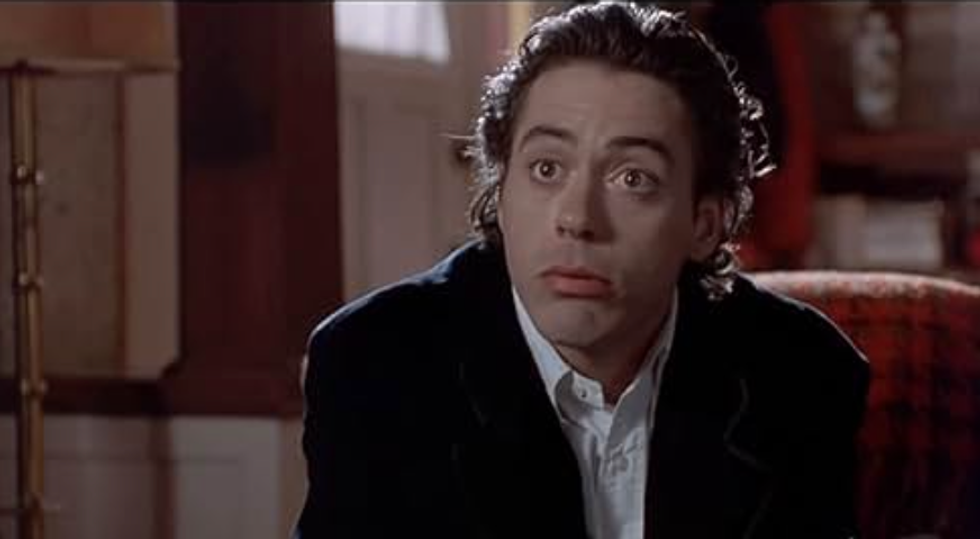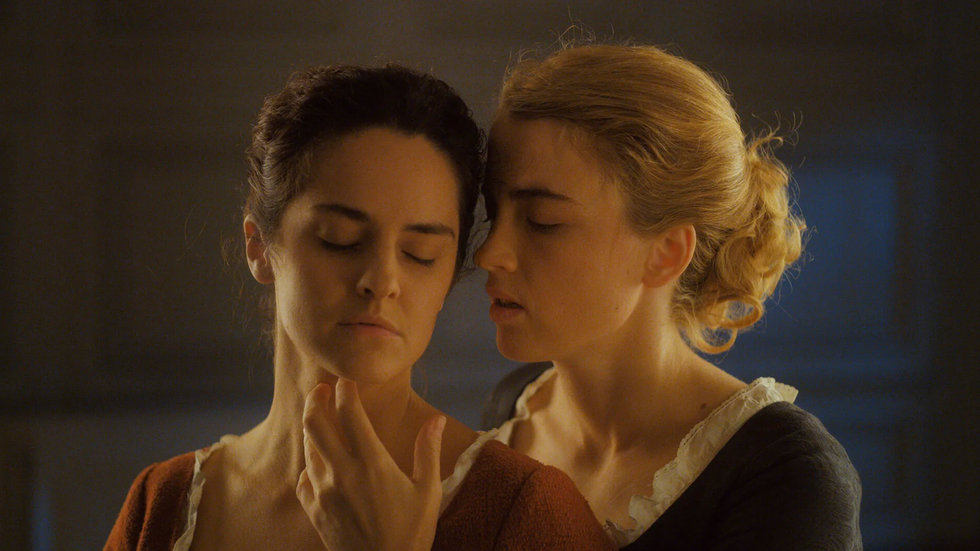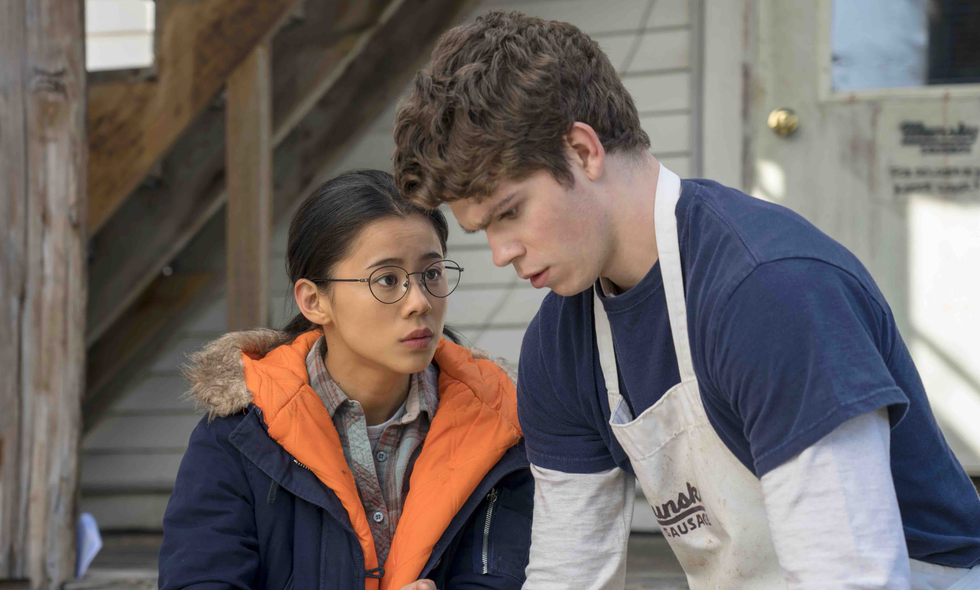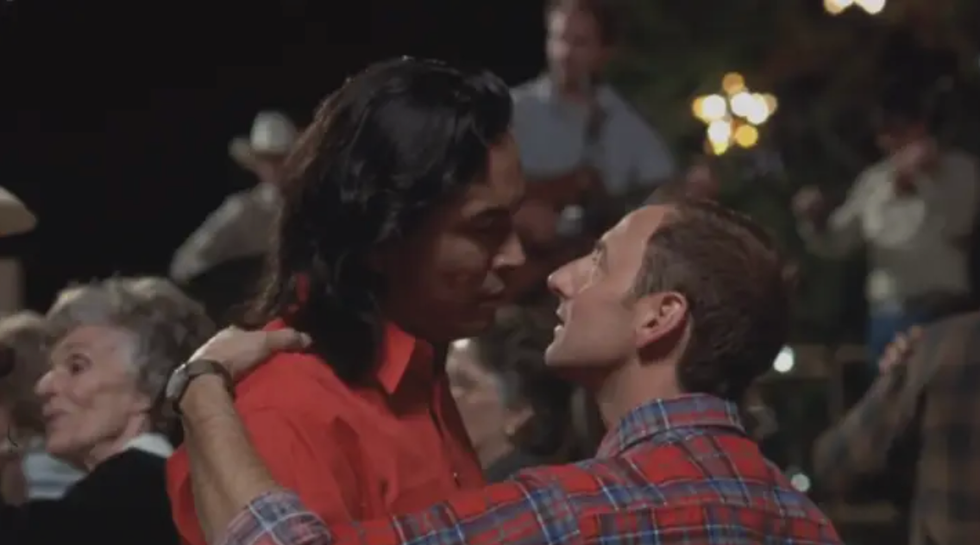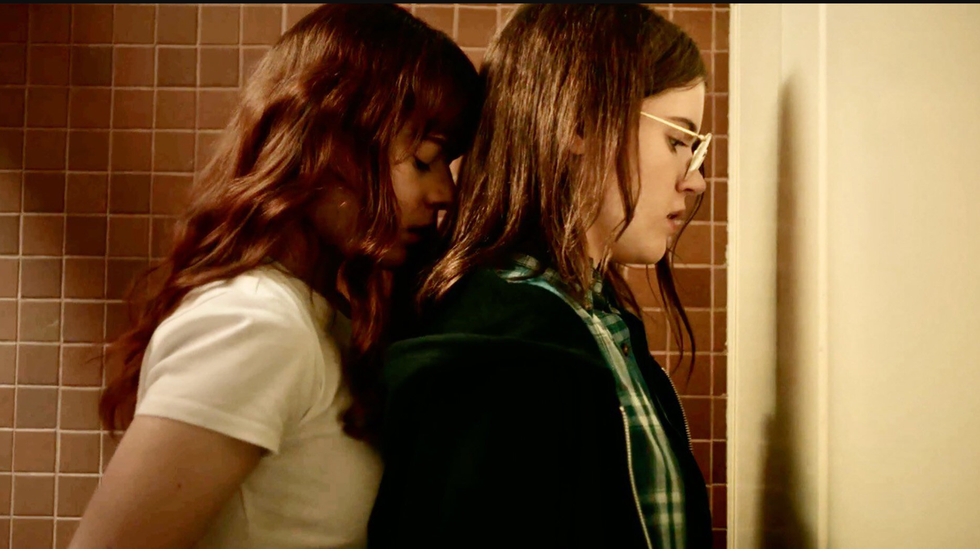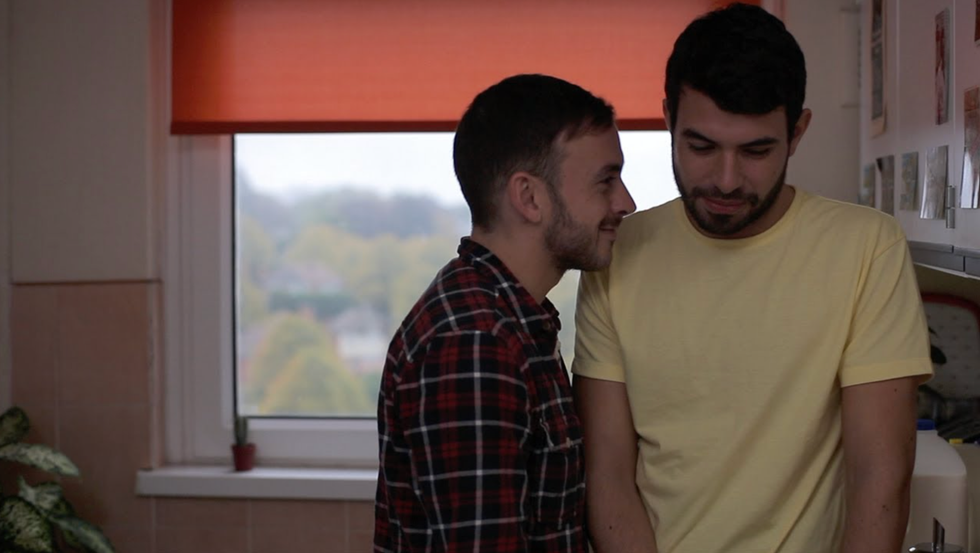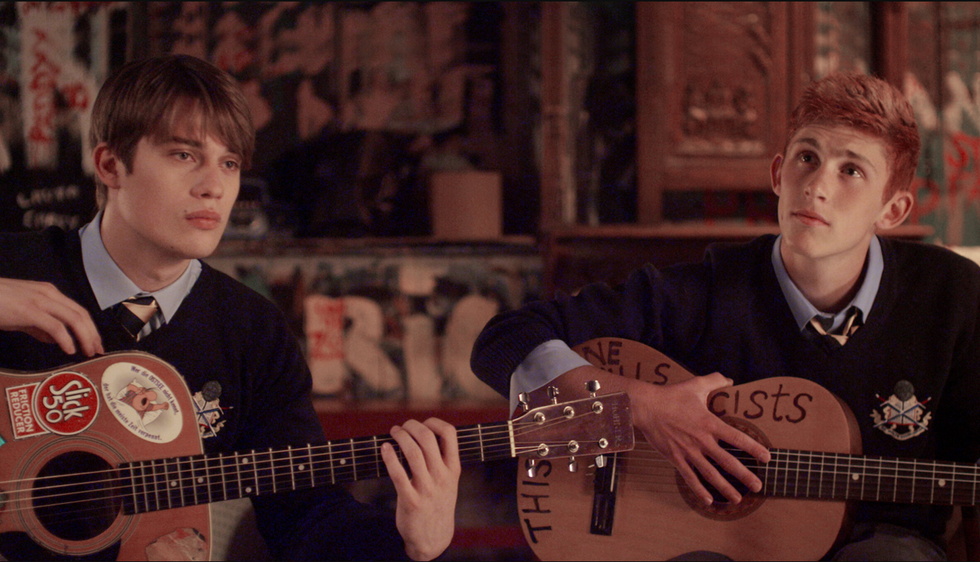Five years after her previous release The Electric Lady, singer-songwriter and actress Janelle Monáe has released the album and short film Dirty Computer, crafting a wonderful, musical, sci-fi epic that cautions as much as it entertains.
In a dystopian future that seems all too close, those who are outside the norm are considered "dirty computers" that must be forcibly taken and cleansed at a facility called The New Dawn. One of these dirty computers is a young, Black queer woman named Jane 57821 (played by Monáe herself). Jane is subjected to a device called the Nevermind and all of her memories are gradually removed. As she struggles to maintain her sense of self, she clings to her only hope: her former lover and a New Dawn member named Mary Apple 53 (played by Tessa Thompson).
One of the most striking aspects of the film is the music itself. Depending on the listener, the music alone might be just a smart pop paradise or a watered-down misstep. By connecting the songs with a short film, the music becomes an entertaining story with a larger message that a casual listener might miss. With aesthetics similar to previous music videos like "Many Moons" and "Q.U.E.E.N," Monáe enhances the music so well that the album's strengths are triumphant and its faults are smoothed out.
One example is the song "Screwed." While on first listen it seems barely different from the other top 40 pop music out there, when viewed with the accompanying visuals, the song is given a new, different light. "Screwed," as well as every other song in the film, are a part of Jane's memories, and these memories are being played back by New Dawn cleaners before being erased. In "Screwed," a party is going on and everyone is lit up with psychedelic lighting, having fun. But the party vibe belies a grim undertone as bombs explode on smaller screens that silhouette Monáe and her friends. As Monáe sings, "You fucked up the world now, we'll fuck it all back down," you realize that the party is just a way to cope with the crappy state of the world.
And speaking of the state of the world, Monáe does a good job of building a dystopia of Black, queer spaces that resist just by existing.
"Django Jane" is a memory that plays not long after "Screwed" (with a perfect melody transition), and in it, Monáe raps about the power of Black women while wearing a red suit, crown, and tie. As Monáe sits on a throne and at the head of a long table, she is surrounded by Black women who look like badass bodyguards reminiscent of Black Panther's Dora Milaje. Together, they and Monáe represent Black women affirming themselves with righteous anger and pride. Since they are denied a seat at so many types of American tables, they make their own and allow the rest of us to bear witness for a moment before literally closing the doors.
In contrast to the colorful safe spaces, The New Dawn facility is a sterile, bright white, representing dirty computers who have been cleansed as well as a purity that is implied to be the norm. Based on The New Dawn's goal to "lead you from the darkness into the light," the halo-like headpieces, and nun-like outfits, it's hard not to associate The New Dawn to toxic religious institutions or even conversion therapy.
Tying everything together is excellent cinematography and themes of freedom, identity, and American ideals. While the short film was directed by Andrew Dohono and Chuck Lightning, the music videos were directed by Alan Ferguson. Having directed other Janelle Monáe music videos like "Prime Time" and the aforementioned "Many Moons" and "Q.U.E.E.N.," Ferguson is a master at portraying Monáe's otherworldly vision through lighting, wonderful sets, and Alexandra Mandelkorn's striking wardrobe designs.
A particularly thought-provoking bit of dialogue occurs between Jane 57821 and Mary Apple 53 near the end of the film. Jane is struggling to combat the memory cleaning process and trying to get Mary Apple to remember her true identity as a free-spirited artist named Zen. Mary Apple replies, "It's best not to fight it. We used to work so hard to be free; now we can choose to forget."
All in all, the Dirty Computer short film is not just a captivating "emotion picture" (as Monáe calls it), but also a warning that America has become too complacent and that marginalized identities are in danger of losing the freedoms that they have long fought for. Through song and dance, Dirty Computer shows that those who aren't considered human must celebrate what makes them different while fighting to protect their freedom & identity.
Watch the Dirty Computer short film in the video below. And stream the Dirty Computer album on Spotify and other music platforms.


